Thomas Lu
Stories
-

Culture Wars And The Untold Story Of Lyndie B. Hawkins
In 2019, a novel by a new author, Gail Shepherd, arrived in bookstores. The True History of Lyndie B. Hawkins tells the story of a young white girl growing up in the South. The book has been well received, but it is not the book Shepherd intended to write. In her original drafts, Shepherd, a white author, created a Lyndie who was Vietnamese-American, and dealing with issues of race in the deep South. This week we look at what it means to be a storyteller in a time of caustic cultural debate and ask when, if ever, is it okay to tell a story that is not your own?
-
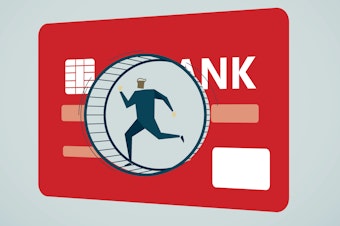
Buy, Borrow, Steal: How Debt Became The 'Sugar-Rush' Solution To Our Economic Woes
Policymakers have a tried-and-true game plan for jump-starting the economy in times of severe recession: Push stimulus packages and lower interest rates so Americans will borrow and spend. But economist Amir Sufi says the way we traditionally address a recession is deeply flawed. He argues that by encouraging "sugar-rush" solutions, the nation is putting poor and middle-class Americans and the entire economy at even greater risk. This week we look at the role of debt as a hidden driver of recessions, and how we might create a more stable system.
-
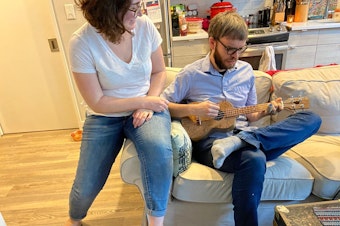
Playing Favorites: When Kindness Toward Some Means Callousness Toward Others
If we do a favor for someone we know, we think we've done a good deed. What we don't tend to ask is: Who have we harmed by treating this person with more kindness than we show toward others? This week, in the second of our two-part series on moral decision-making, we consider how actions that come from a place of love can lead to a more unjust world.
-
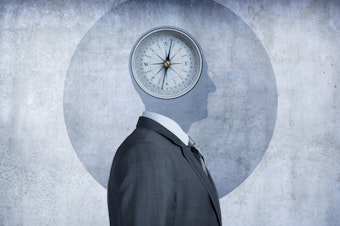
Justifying The Means: What It Means To Treat All Suffering Equally
When we are asked to make a moral choice, many of us imagine it involves listening to our hearts. To that, philosopher Peter Singer says, "nonsense." Singer believes there are no moral absolutes, and that logic and calculation are better guides to moral behavior than feelings and intuitions. This week, we talk with Singer about why this approach is so hard to put into practice, and look at the hard moral choices presented by the COVID-19 pandemic.
-
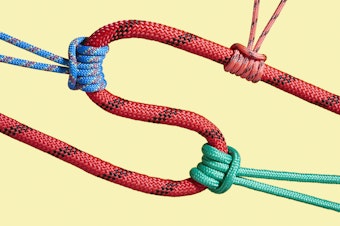
Playing Tight And Loose: How Rules Shape Our Lives
We all know people who prefer to follow the rules, and others who prefer to flout them. Psychologist Michele Gelfand defines these two ways of being as "tight" and "loose." She says the tight/loose framework can help us to better understand individuals, businesses, and even nations. This week, we look at the core traits of tight and loose worldviews, and how they may shape our lives — from interactions with our spouses to global efforts to fight the coronavirus.
-
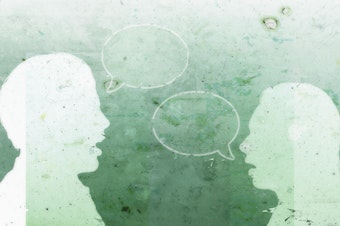
The Influence You Have: Why We're Blind To Our Power Over Others
Think about the last time you asked someone for something. Maybe you were nervous or worried about what the person would think of you. Chances are that you didn't stop to think about the pressure you were exerting on that person. This week, we explore a phenomenon that psychologists refer to as "egocentric bias," and look at how this bias can lead us astray.
-
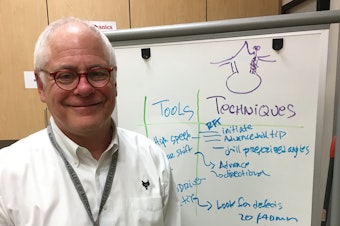
When Things Click: The Power Of Judgment-Free Learning
There can be a lot of psychological noise involved in teaching. But what it we replaced all that mental clutter...with a click? This week, we bring you a 2018 episode exploring an innovative idea about how we learn. It will take us from a dolphin exhibit in Hawaii to a top teaching hospital in New York. It's about a method to quiet the noise that can turn learning into a minefield of misery.
-
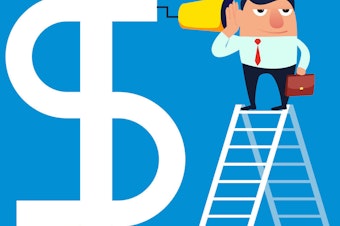
The Story Of Money: How Human Behavior Shapes Economies — And Vice Versa
What's the point of money? The answer might seem obvious: we need it to get paid for our work, and to buy the things we need. But there's also a deeper way to look at the role of money in our lives.
-
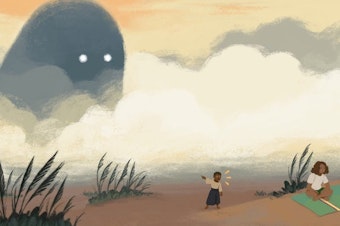
The Cassandra Curse: Why We Heed Some Warnings, And Ignore Others
After a disaster happens, we want to know whether something could have been done to avoid it. Did anyone see this coming? Many times, the answer is yes. So why didn't the warnings lead to action? This week, we revisit a favorite 2018 episode about the psychology of warnings. We visit a smelly Alaskan tunnel, hear about a gory (and fictional) murder plot, and even listen to some ABBA.
-
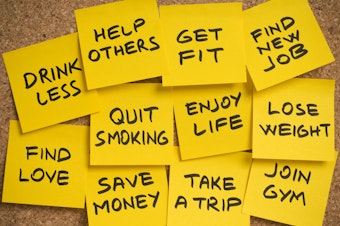
Creatures Of Habit: How Habits Shape Who We Are — And Who We Become
At the beginning of the year, many of us make resolutions for the months to come. We resolve to work out more, procrastinate less, or save more money. Though some people stick with these aspirations, many of us fall short. This week, psychologist Wendy Wood shares what researchers have found about how to build good habits — and break bad ones.